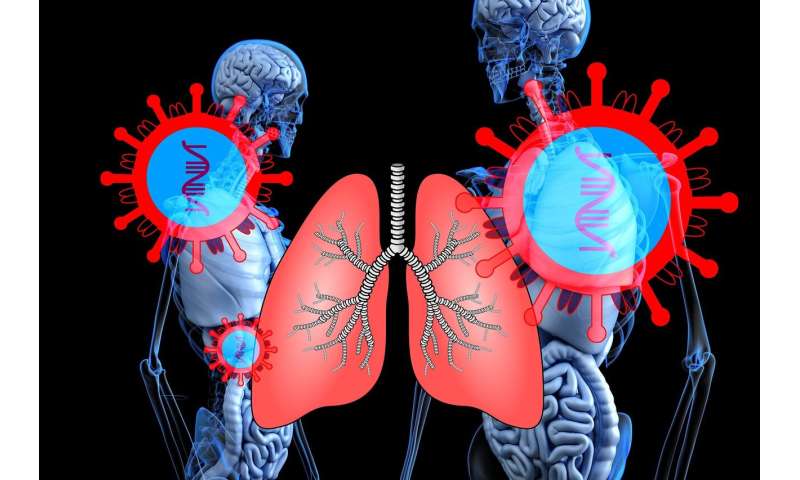US fast-tracking antimalarials to treat coronavirus: Trump

The US is fast-tracking antimalarial drugs for use as a treatment against the new coronavirus, President Donald Trump said Thursday.
19 mar 2020--The announcement follows encouraging research into chloroquine and hydroxychloroquine in France and China, but many in the wider scientific community have cautioned more work is needed to prove they really work for COVID-19.
"We're going to be able to make that drug available almost immediately, and that's where the (Food and Drug Administration) has been so great," Trump told reporters, referring to both antimalarials.
"They've gone through the approval process—it's been approved. They took it down from many, many months to immediate. So we're going to be able to make that drug available by prescription."
The US has recorded 10,755 cases of new coronavirus infection, 154 of them fatal. But authorities expect the number to increase steeply in the coming days because of increased levels of testing after initial delays.
FDA Commissioner Stephen Hahn said that, while the antimalarials have not yet been formally approved, access was being expanded so that authorities could gather more data.
This is known as "compassionate use."
"If there is an experimental drug that is potentially available, a doctor could ask for that drug to be used in a patient. We have criteria for that and very speedy approval for that," said Hahn.
"As an example, many Americans have read studies and heard media reports about this drug chloroquine, which is an anti-malarial drug.
"It's already approved, as the president said, for the treatment of malaria as well as an arthritis condition.
"That's a drug that the president directed us to take a closer look at, as to whether an expanded use approach to that could be done to actually see if that benefits patients."
Chloroquine is a synthetic form of quinine, which has been used to treat malaria since the 1940s. Hydroxychloroquine shares a similar mechanism of action but is less toxic.
French drug maker Sanofi on Wednesday said it stood ready to offer the French government millions of doses of hydroxychloroquine, sold under its brand name Plaquenil, in light of a "promising" study carried out by Didier Raoult of the IHU Mediterranee Infection in Marseille.
Raoult reported this week that after treating 24 patients for six days with Plaquenil, the virus had disappeared in all but a quarter of them. The research has not yet been peer reviewed and published.
Past failures
It followed a recent study by a Chinese team that was published in the journal Clinical Infectious Diseases in March 9 on the two compounds that also found encouraging results, albeit in a lab setting.
Several clinical trials are also underway in China, where authorities have said the drug produced encouraging results, but the data has not yet been made public.
Writing in the journal Antiviral Research, French scientists Franck Touret and Xavierde Lamballerie urged caution, noting that chloroquine had been proposed several times for the treatment of acute viral diseases in humans without success.
"Its use in the treatment of HIV-infected patients has been considered inconclusive and the drug has not been included in the panel recommended for HIV treatment," they wrote.
"The only modest effect of chloroquine in the therapy of human virus infection was found for chronic hepatitis C."
They also said that "the margin between the therapeutic and toxic dose is narrow and chloroquine poisoning has been associated with cardiovascular disorders that can be life-threatening."
No comments:
Post a Comment